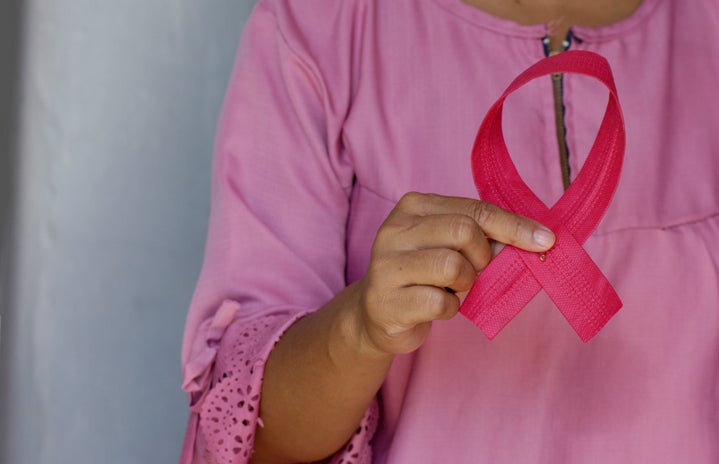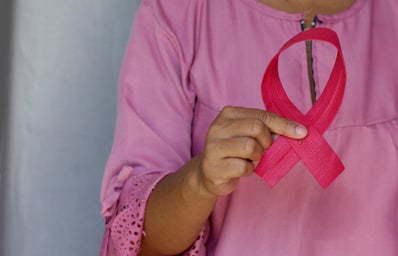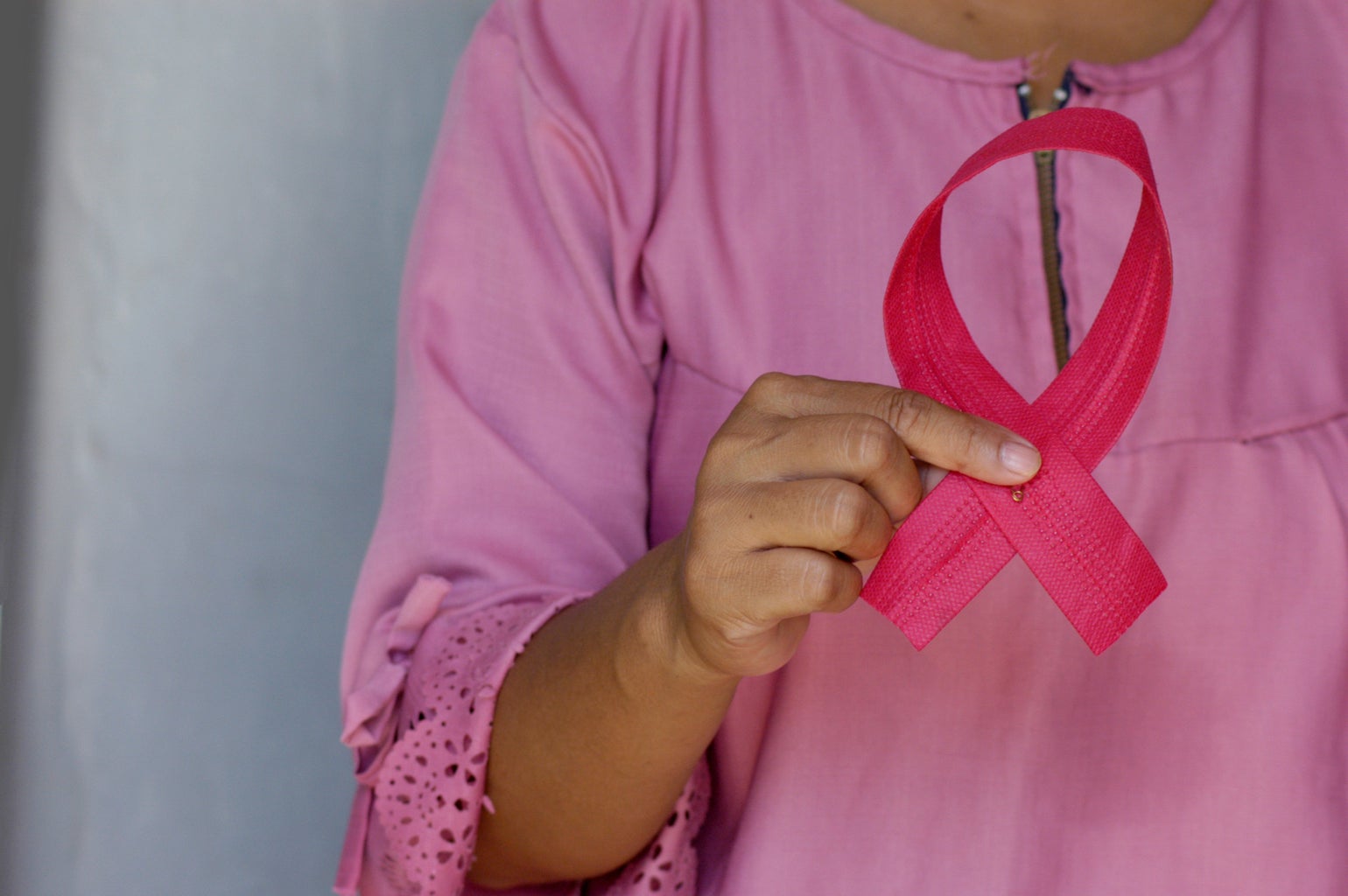Breast Cancer Awareness month is every October, and it’s a month to spread awareness about this disease and its signs and symptoms. With breast cancer being one of the leading cancer-related deaths for women in Canada, it’s more important than ever to live our lives as best as we can to reduce the risk of the disease.
There are some things you can’t change, like family history. However, research shows that implementing some lifestyle changes can help reduce the risk, even for high-risk women. Here’s what’s recommended to reduce breast cancer risk:
Maintain a healthy weight
Especially after menopause, increased body weight can be linked with a higher risk of breast cancer. However, a healthy weight doesn’t mean you need to look like a photoshopped supermodel. Determine what a healthy weight is for you, and consult a doctor for healthy weight loss strategies if needed.
Limit Your Alcohol Consumption
This point may not be a favourite on this list, but it must be said. There’s a link between consuming alcohol and getting breast cancer. However, research shows that limiting yourself to one drink a day will help, since even low amounts of alcohol can contribute to an increase in breast cancer risk. Of course, not drinking any alcohol is said to be best, but it’s up to you to make that decision based on your lifestyle and other factors.
get annual mammograms for Breast Cancer Detection
Annual mammograms have been shown to be effective in screening for breast cancer and help to decrease deaths from breast cancer. This screening practice allows for doctors to diagnose cancer early—sometimes even before the patient experiences any symptoms. Usually, these mammograms start in your 40s, but for now, you can make sure to visit your doctor if you notice strange changes in your breasts, like new lumps.
What about birth control?
There’s a relationship between the use of hormonal contraceptives (like birth control pills or IUDs) and increased chances of breast cancer; however, the risk is small and it goes down once you stop using the contraceptive. Whether you use birth control or not depends entirely on the benefits you gain from it. It’s important to keep in mind that birth control has been shown to decrease the risk of other cancers like ovarian and endometrial cancer. As well, you can always talk to your doctor to explore other options if you are mainly concerned about breast cancer.
As scary as breast cancer can be, with 75 Canadians being diagnosed every day, the mortality rate has dropped by almost half since its peak in 1986. Healthy lifestyles, early screening practices, and improved treatments have all contributed to this downward trend. No one likes to think about these things, we know. Trying to adapt some of these practices into our lives can not only potentially reduce the risk of this disease, but will also overall improve our quality of life.



